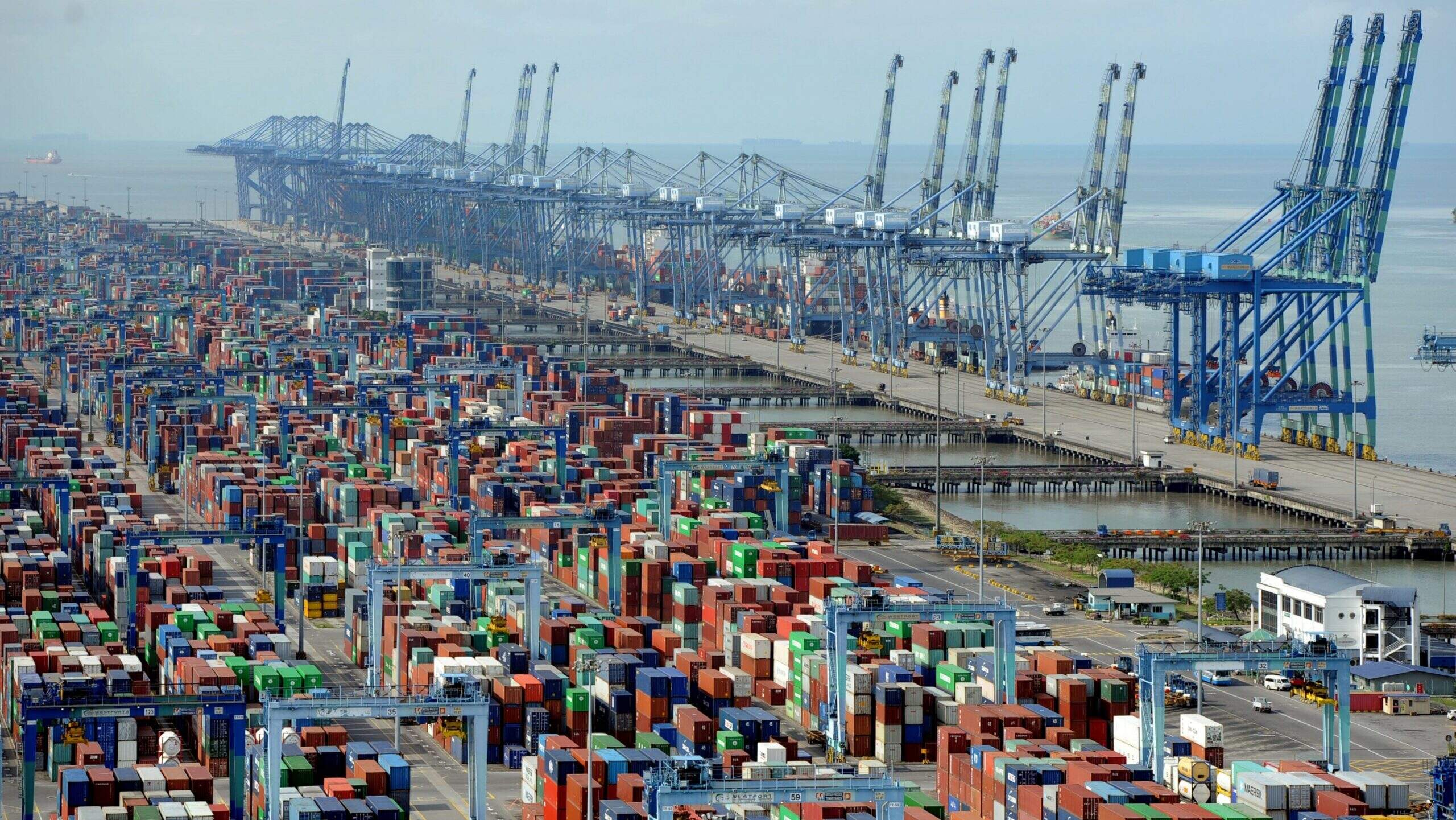As for the transportation of cargo, it has always been important for the world economy, as it makes it possible to seek goods over vast distances, from one country to another, and from continent to continent. It is the very heart of the globalization process, allowing for effective exchange of raw materials, semi finished and finished goods, and a lot of other things as well, between the markets and the customers. With globalization on the rise, it is clear that the world has increased demand for newer means of transportation that are effective, cheap and quick.
Cargo Transportation As A Tool for Trade Expansion
Cargo transportation is vital for globalization and the economies of the nations of the world. It enables the two-way exchange of goods. Be it raw materials from one nation to factories in another or finished goods from factories into the retail shops of the thousands of nations. Most of the countries across the globe have mastered the timeline for numerous logistics activities, which is important for business continuity. Even within a country, suppose there are suppliers and customers, but among the suppliers, and between suppliers and customers, there is an overdue business negotiating with time.
Different Modes of Transportation of Cargo
There are various ways in which cargo can be transported based on the distance and on nature of the goods involved. Some of the most common modes include the road, sea, air and rail transportation.
- Road Transport: Resized that most suitable for short to middle distances. Road Transportation is the most door to door mode of transport. Trucks become an important component of the domestic supply chain as they ensure that goods are delivered straight from the warehouses to the retail outlets.
- Sea Freight: Bulk cargo shipping has become popular in world commerce and maritime transport is the most developed means of transportation in commerce. Sea transport is the most cost effective option on a massive scale industrial bulk import and export operations. Shipping containers help in easy transportation of consumer goods as well as sophisticated industrial goods.
- Air Cargo: On the downside, air travel transport is relatively costly. Asides shipping sensitive or high-cost items air mode of transport is relatively the fastest. The cargo industry for Pharmaceuticals, electronics or perishables rely on air to quickly deliver materials and to reduce the risk of various delays.
- Rail Transport: As we have seen earlier, rail is an efficient and eco-friendly way of moving a large amount of goods over land. Rail networks are however most suited for bulk, heavy and intermodal movement of goods where transfer of cargo between modes of transport occurs.
Issues in Cargo Transportation
However, cargo transportation is not without its problems. Global supply chains continue to be affected by events such as political strife, natural calamities and strikes, which are all common and can result in cost increases and delays. Similarly, the pressure from environmental threats and the need for sustainability have encouraged industries to look for less damaging systems. Emission controls, customs restrictions and safety regulations also hamper the cross border movement of goods in a seamless fashion.
Cargo Transportation in Future
To the future, the cargo transportation as we know it will be modified due to technology and green technologies. Automation, AI and blockchain technologies will help increase efficiency, eliminate mistakes and make global trade much more reliable. In addition, the global trend in seeking for cleaner modes of transportation is shaping the development of electric, hybrid and other more efficient shipping solutions.
